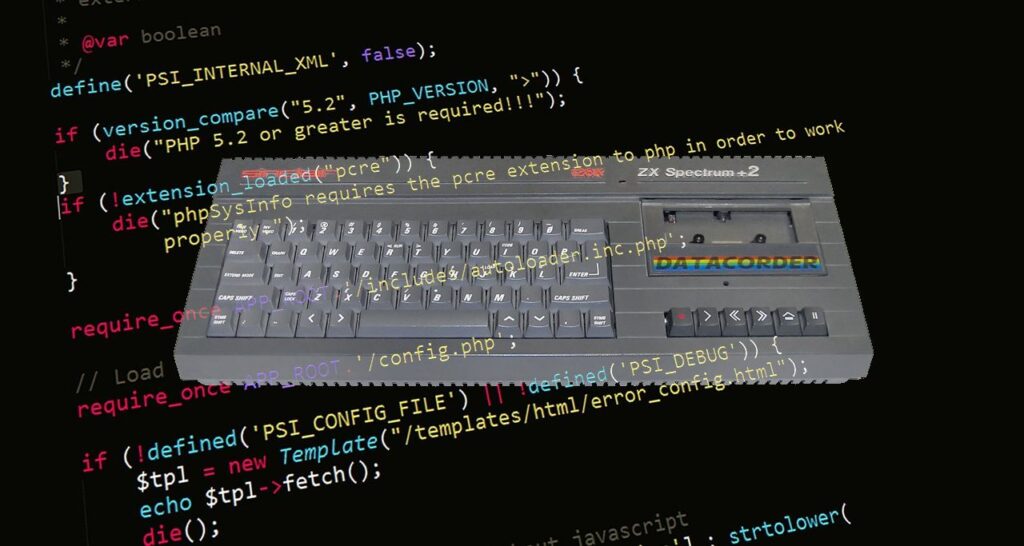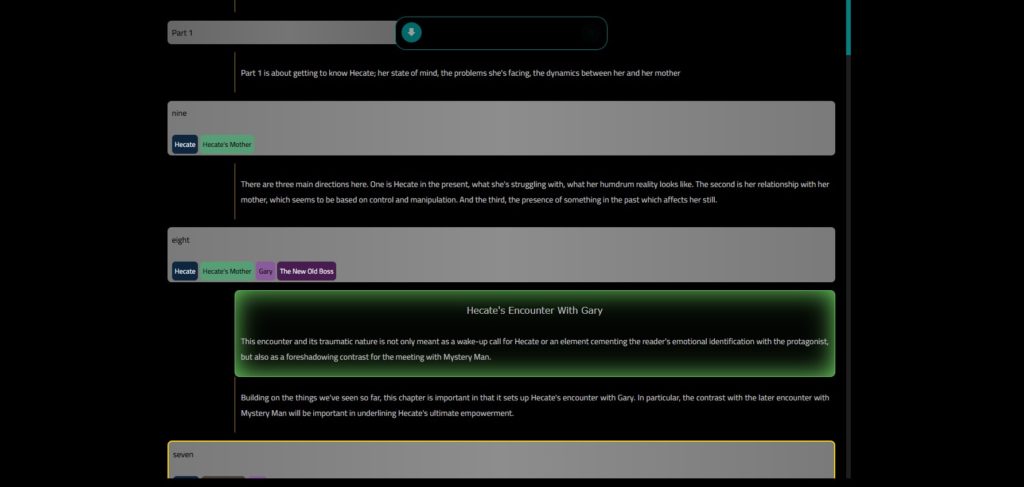You might remember a recent post on asking ChatGPT about the Gothic. I there mentioned how ChatGPT is a tool and, like every tool, its successful use depends on the user and scope. I also mentioned how, in my opinion, the most intriguing application of ChatGPT is as a programming helper. Well, that’s what I decided to try in this post: Let’s make a JavaScript app with ChatGPT!
Obviously, starting this mini project I had to establish certain methodological factors. That is, I had to decide on how to do certain things.
The main one was what the app would be about. For simplicity’s sake – both in terms of the confines of the post and the amount of effort I was willing to put in programmatically – I decided that the JavaScript app ChatGPT would make had to be a simple one. No need to create any full-fledged adventure game here.
I also had to decide whether I would only get help for this JavaScript app from ChatGPT, e.g. for certain functions, or I’d ask it to generate the code in its entirety. I quickly realized that, even if I’d have to do at least some of the mixing-and-matching, for the purposes of this experiment I should let ChatGPT to do most of the work.
As for what program to make, I thought the best idea would be to make something I’ve already made myself, for comparison. I opted for my Poem Shuffler. The results were very intriguing, to say the least!


